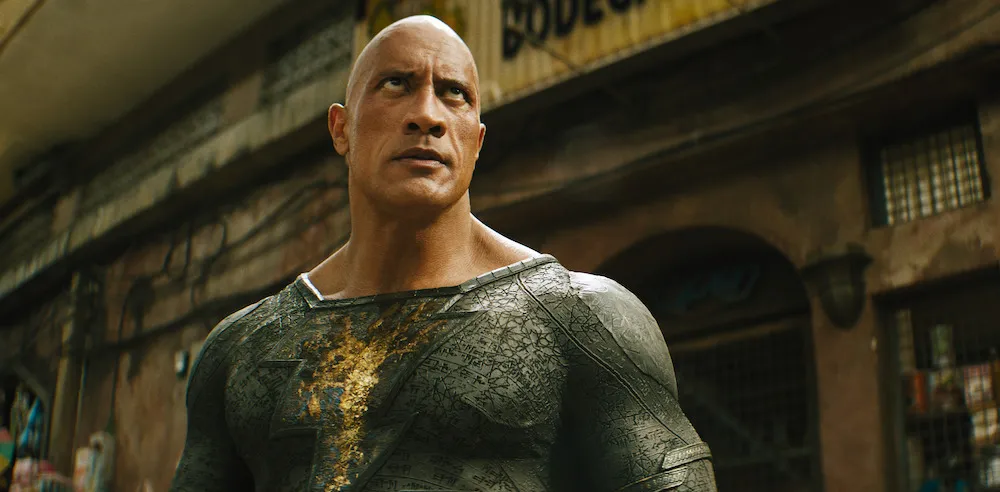The first Sid Meier’s Civilization came out 25 years ago. It revolutionized not only the strategy genre but the entire computer gaming industry. GamePro named it one of the most important games of all time.
Civilization and it’s successors have set the standard for the PC strategy genre, and now Firaxis intends to continue that tradition with Sid Meier’s Civilization VI.
To say Civilization is complicated would be an understatement, but the main goal is to build a civilization that will stand the test of time. You take the reigns of a civilization at the dawn of time and lead it to victory; unlocking new technologies, developing culture and building armies. There are several victory types, from military domination to peaceful religious conversions. Each civilization is led by a historic ruler such as Teddy Roosevelt and Peter the Great.
Civ VI builds upon this formula with some innovative features and tweaks to systems that have remained relatively unchanged since the first Civilization. The creation of districts gives players the ability to unstack cities. Each district is specialized towards production of different resources. Campus’s focus on science, holy cites increase faith and industrial zones boost your production. This unstacking of cities makes the placement of tile improvements more strategic.
Along with the creation of district’s Civlization VI also moves wonders out side of the city limits. This was experimented with in Civilization: Beyond Earth with victory projects that were built on their own separate tile and basically eliminates the ability to spam wonders in one city and makes the selection of wonders to build more nuanced.
The Cultural System is completely revamped to behave similar to the technology tree. The Civics Tree runs parallel to the Tech Tree and provides its own unlockable units, buildings and abilities. One of these abilities is to choose a type of government and fill policy slots with enhancements to your civilizations capabilities. There are four types of policy cards and each government allows for a variety of arrangements.
One of the more subtle, but equally game changing improvements is the Builder Unit. In Civilization games of past, you build workers that you use to build tile improvements to the area around your city. The only problem with this is you would improve all of the usable tiles and then have a bunch of workers sitting there, doing nothing. The builder has a limited number of “charges” so you can only improve a certain amount of tiles with it.
Builders also don’t build roads anymore. Roads are built by trade caravans you send to other cities, making trading essential to the creation of your empire.
An equally amazing improvement to the game is the new Eureka/Inspiration system. Nearly all technologies and civics have a goal to achieve that results in a boost, called an eureka and an inspiration, respectively. Achieving these goals will result in half of a technology or civic to be researched. The goals very from combat goals, such as the bronze working quest to kill 3 barbarians, to building your city, like the civil service quest to grow a city to a size of 10 population.
There’s not much to critique in Civilization VI other than it’s a lot to take in. Even a grizzled Civ veteran like myself is in for a bit of getting used to with this new installment as some of the smaller changes make a huge difference. Decisions you make have a more lasting effect and different circumstances will make you change the way you play.
Sid Meier’s Civilization VI throws you curve balls every step of the way and you have to roll with the punches. Gone are the days of guaranteed winning strategies you could lay out before even starting the game. If anything, it makes the game more challenging, and isn’t that what you want out of a strategy game?
Sid Meier’s Civilization VI is available now for PC.



